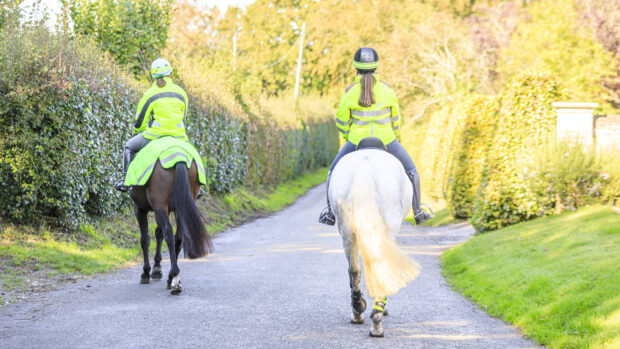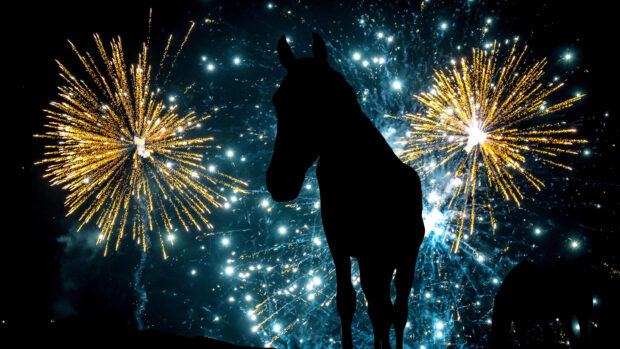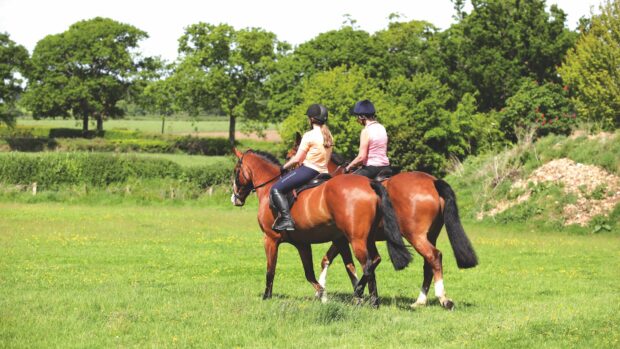Updates to the Countryside Code have been welcomed, as it is hoped the guidance will remind the public and landowners of their responsibilities.
This month, Natural England published revised guidance advising landowners that public rights of way must not be blocked and surfaces should be restored, where cultivation is carried out. Where there is public access, “gaps or accessible self-closing gates” should be installed instead of stiles if possible and advice has been provided to help landowners tackle “anti-social behaviour” and issues with dogs.
The guidance asks the public to be considerate to those living in, working in and enjoying the countryside. Visitors should “give wild animals, livestock and horses plenty of space” and should not feed them. Riders and cyclists should “respect walkers’ safety” but walkers should “take care not to obstruct or endanger them”.
Countryside Alliance head of policy Sarah Lee said the pandemic led to more people enjoying the countryside, which was “to be welcomed”, but said there were numerous reports of people littering beauty spots and reports of horses and livestock being spooked by dogs.
“It is important to remind visitors that each of us has a personal responsibility to abide by rights of way and respect that the countryside is a full-time place of work for many,” she said. “This new guidance for landowners provides many welcome additions, such as advice on reporting anti-social behaviour and how to report fly-tipping, as well as reminding the public not to feed horses and stressing the importance of keeping your dog on a lead or in sight.
“However, the guidance also puts an onus on landowners to replace stiles with gates. Stiles have multiple uses, from providing a stock-proof barrier while allowing people to move freely, and it should be up to individual farmers what works best for their farm while welcoming visitors.
“We would also be concerned over the cost to the farmer of changing field access points. It might be the case that money will be available through the new farming schemes to make land more accessible, but that is not clear at this stage.”
British Horse Society’s (BHS) director of access Mark Weston, said the BHS “welcomes the revisions” to the code.
“Access to the countryside is so important for everyone’s health and wellbeing. It is imperative that rights of way users and landowners know what their respective responsibilities are,” he said.
Marian Spain, chief executive of Natural England, said the “refreshed advice” has never been more important in helping to ensure everyone works together to protect outdoor spaces.
“I urge all land managers to follow this new advice and continue to help make nature accessible to everyone, so people of all ages and backgrounds can enjoy the invaluable health and wellbeing benefits that nature offers, while giving it the respect it deserves,” she said.
You might also be interested in:

‘Fantastic news’: hopes to save more off-road riding as 2026 deadline scrapped

Campaign to stop public feeding horses gathers momentum
“People mean well and are trying to be kind, so we’ve got to go about it the right way”

Subscribe to Horse & Hound magazine today – and enjoy unlimited website access all year round
Horse & Hound magazine, out every Thursday, is packed with all the latest news and reports, as well as interviews, specials, nostalgia, vet and training advice. Find how you can enjoy the magazine delivered to your door every week, plus options to upgrade your subscription to access our online service that brings you breaking news and reports as well as other benefits.



